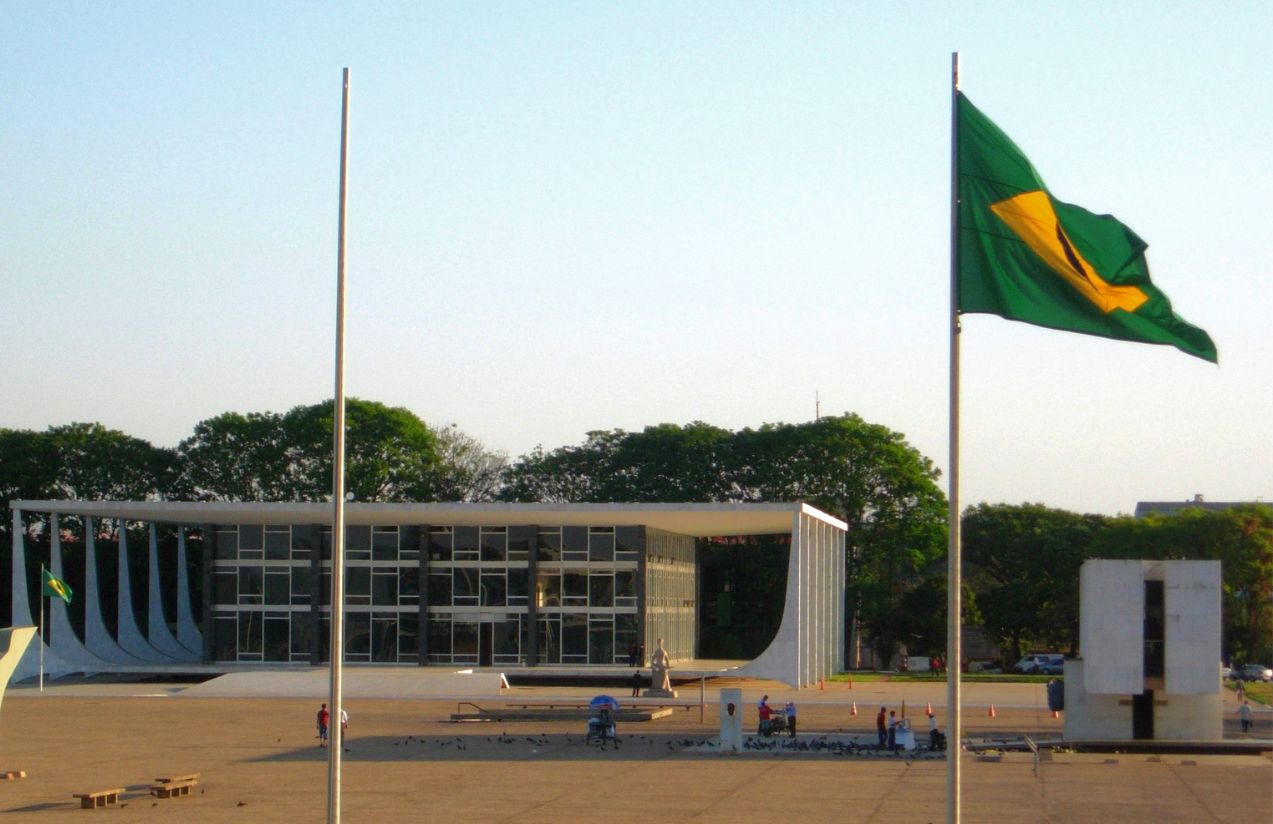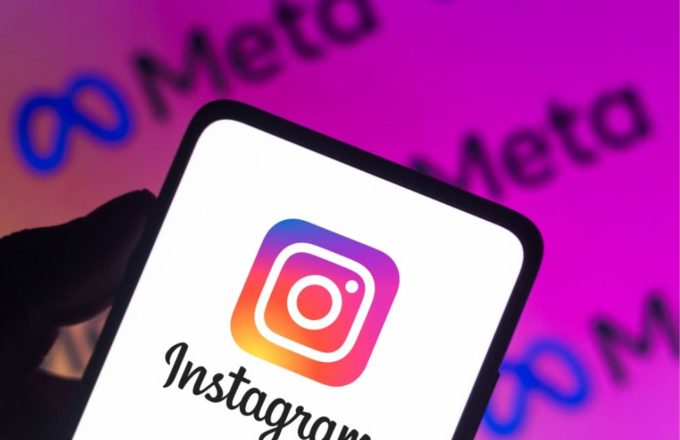Brazil’s Supreme Federal Court approved a landmark decision on Thursday requiring social media platforms to be held accountable for content posted by their users. With eight votes in favor and three against, the country’s highest court set a precedent that could significantly change how tech giants like Google, Meta, and TikTok operate in Brazil.
The ruling mandates that these companies actively monitor posts involving hate speech, racism, and incitement to violence, and take steps to remove them when necessary. The measure, expected to take effect in the coming weeks, has sparked tensions with the United States and raised concerns among free speech advocates, who fear platforms may resort to preventive censorship to avoid penalties.
Once the ruling is officially published, victims of illegal content will be able to sue platforms if they refuse to remove posts after being notified. However, the court did not define strict criteria for what qualifies as illegal content, leaving such determinations to be made on a case-by-case basis.
The decision strengthens an existing law that required platforms to take down content only after a court order—an obligation often disregarded in practice. It stems from two cases presented to the court last year, in which social media companies were accused of failing to act against users promoting fraud, child abuse, and violence.
Although the majority of the court’s 11 justices had already voted in favor of the measure two weeks ago, it was only on Thursday that they reached a consensus on how to implement it. As part of the agreement, the justices also ruled that companies will not be held liable if they can demonstrate they took timely action to remove illegal content.
In response, Google stated that it is reviewing the court’s decision and reaffirmed its willingness to cooperate: “We remain open to dialogue,” the company said.
The ruling comes amid diplomatic tensions, following remarks by U.S. Senator Marco Rubio, who warned of potential visa restrictions against foreign officials involved in censoring American citizens.
With this move, Brazil brings its regulatory stance closer to that of the European Union, which in recent years has sought to curb the power of major digital platforms through tighter regulations.




















